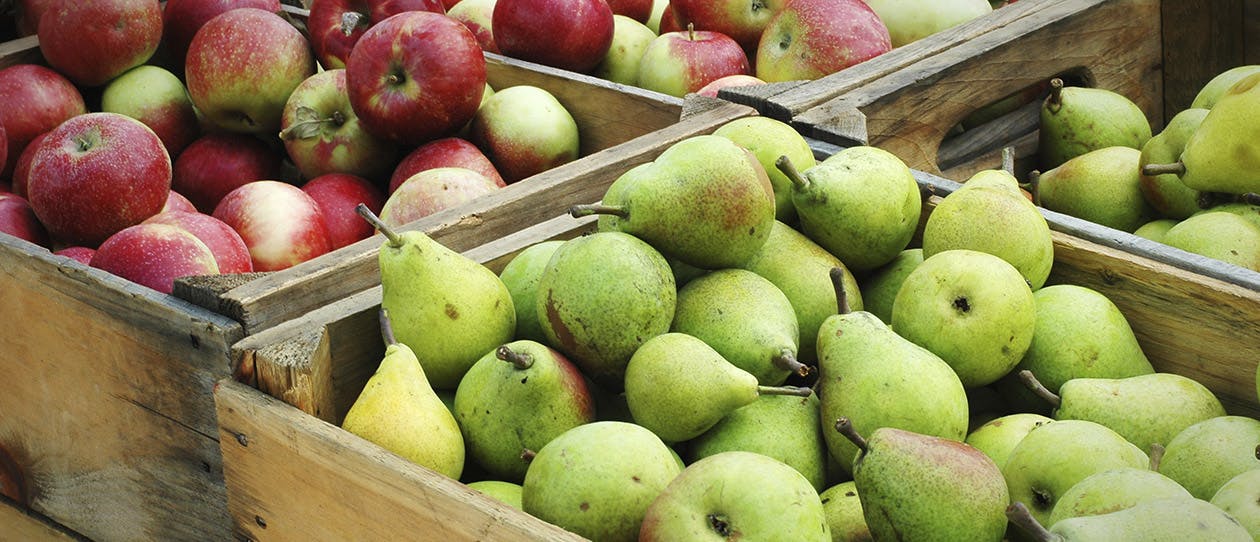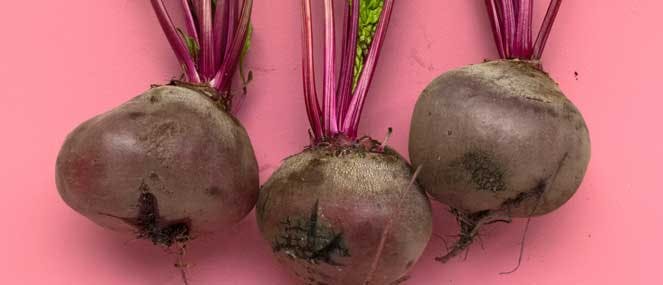
- Health hub/
- Heart & circulation/
- What You Need to Know About Cholesterol Part 2


Fats – sorting the good from the bad
To manage healthy cholesterol levels and maintain heart health, it’s not just a matter of taking fat out of the diet. It’s actually about eating the right kinds of fats, instead of the wrong kinds.
The good contain monounsaturated and polyunsaturated fatty acids. Polyunsaturated fatty acids include omega-3 and omega-6 essential fatty acids.
The Heart Foundation recommends an intake of 500 mg of marine based omega-3s everyday. Oily fish are the best dietary source of these omega-3s. Choose fish such as salmon, mackerel, herring and anchovies. Don’t eat fish? Other sources include flaxseeds, walnuts, soybeans and hempseed oil.
Omega-6 fatty acids are found in plant foods especially nuts, seeds and cold pressed vegetable oils.
The bad fats are saturated and trans fats: decreasing your intake of these fats is an essential part of maintaining healthy cholesterol levels and supporting the health of your heart. Saturated and trans fats will increase your levels of LDL-cholesterol which may lead to narrowing of the arteries. In addition, trans fats will also lower your level of “good” HDL-cholesterol.
Saturated fats are found in fatty meats, full fat dairy products, processed foods and fatty deep-fried take-away foods. Trans fats are naturally occurring in small amounts in dairy foods, veal, beef, lamb and mutton. Synthetic trans fats are produced during the processing of some fats and oils. They are found in processed foods, margarines, store bought baked goods and take-away meals.
Fibre
When trying to manage your cholesterol, it’s also important to make sure that you are eating adequate levels of fibre. Fibre-containing foods include whole grains, fruits and vegetables. Fibre may help to decrease the absorption of cholesterol. Of particular benefit for lowering cholesterol is a soluble fibre called beta-glucan which is found in oats and may be effective in reducing cholesterol.
Get moving and watch your waistline
Exercise and an active lifestyle are both essential for cholesterol management as they may help to increase your levels of HDL-cholesterol.
Regular exercise will help to maintain a healthy cardiovascular system and maintain a healthy waistline. If your waistline is getting bigger you could be at a greater risk of developing chronic illness.
Supplement with plant sterols
Plant sterols are naturally occurring compounds that are found in plant foods such as nuts, seeds and vegetable oils. They may assist in cholesterol management by reducing cholesterol absorption from the digestive system into the bloodstream.
The Heart Foundation recommends a daily intake of 2-3 grams of plant sterols per day for certain individuals. It can be difficult to achieve this from foods alone and so you may like to consider taking a plant sterol supplement as part of your cholesterol management program.
READ: What you need to know about cholesterol part 1



